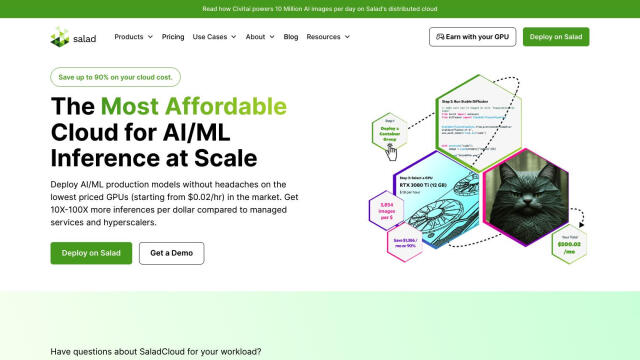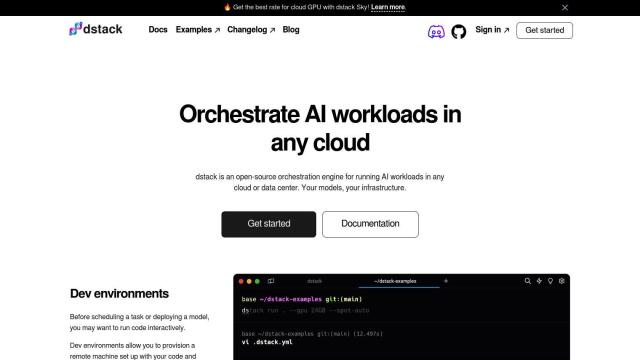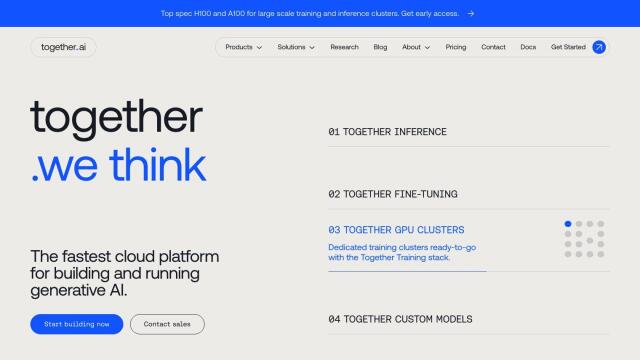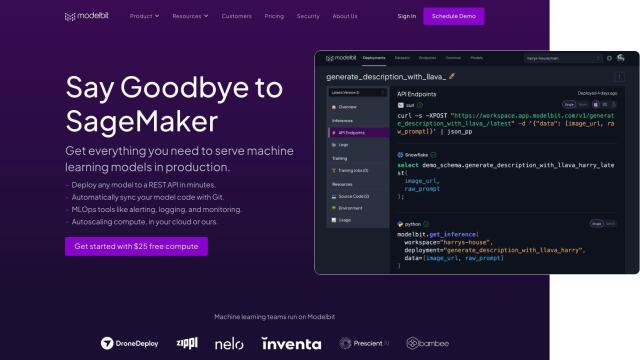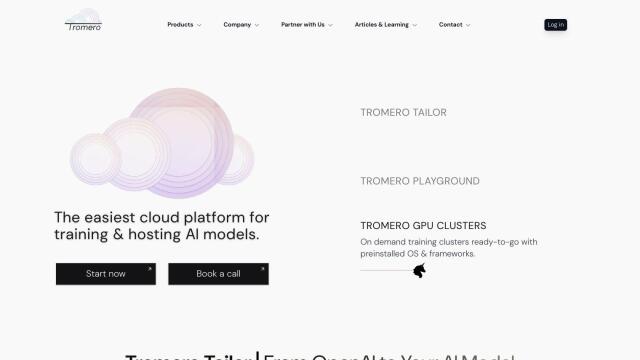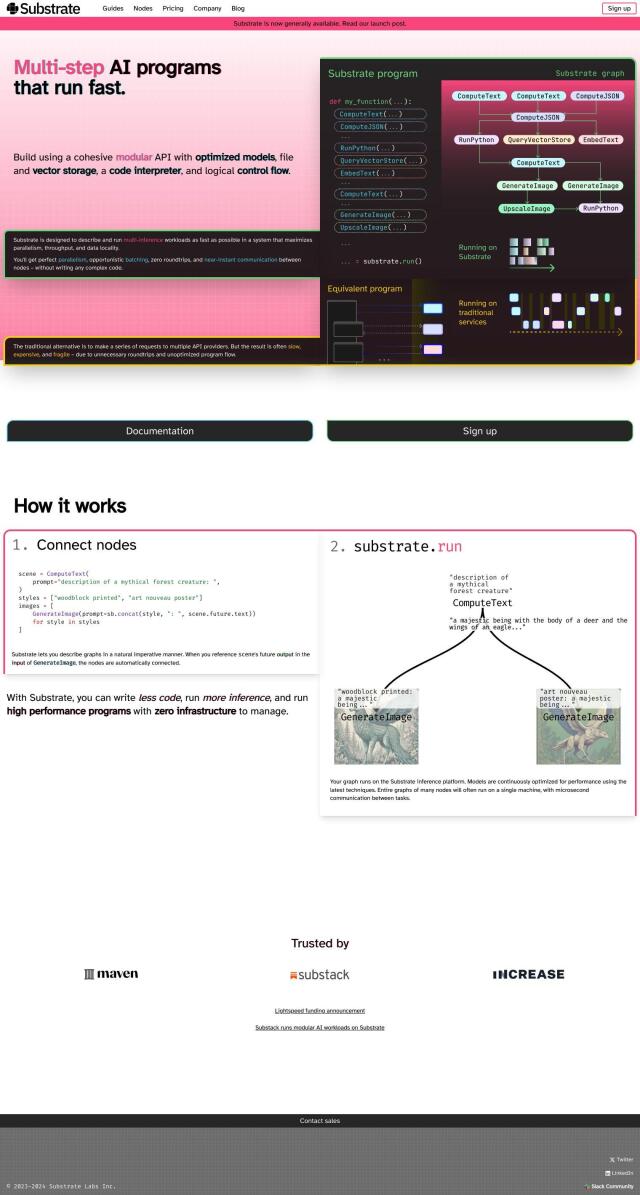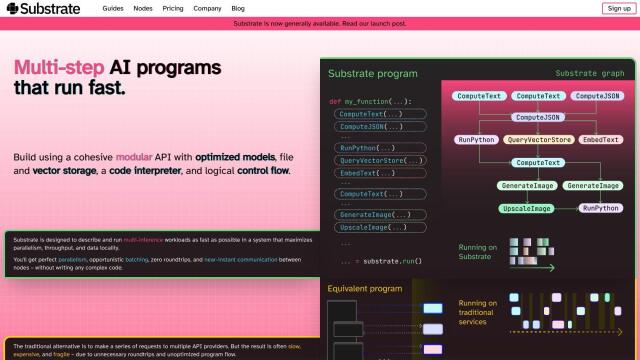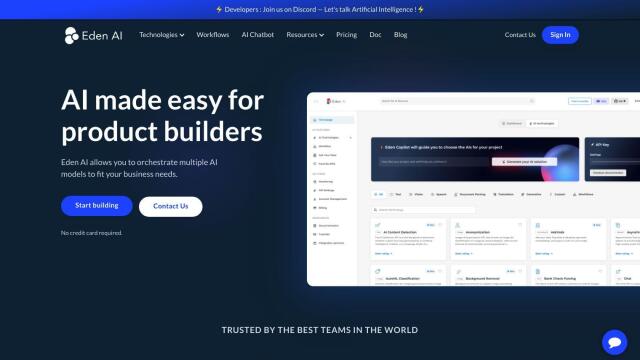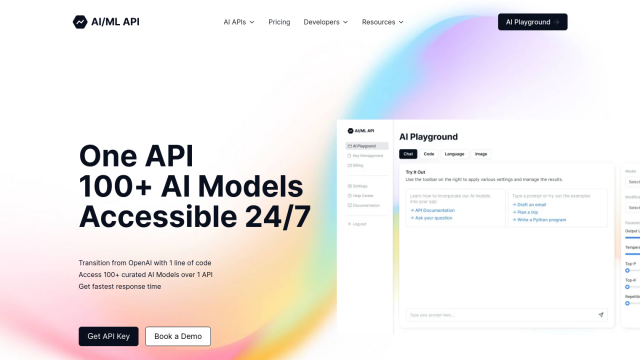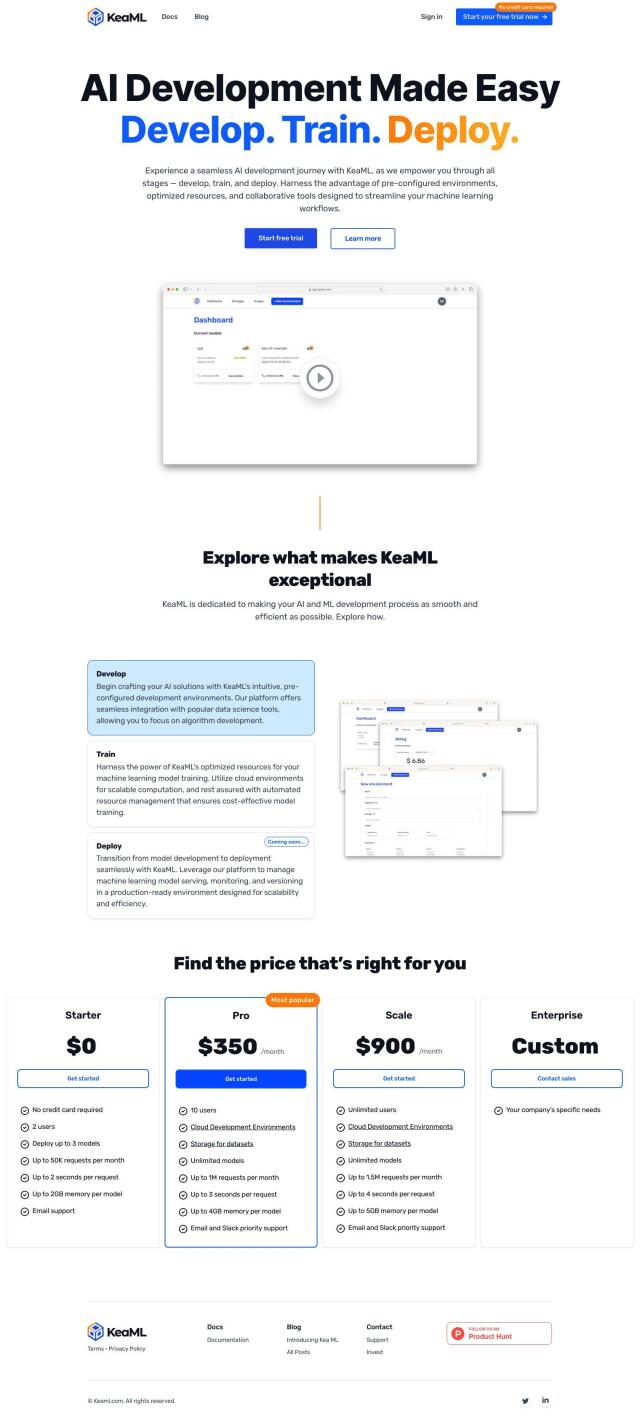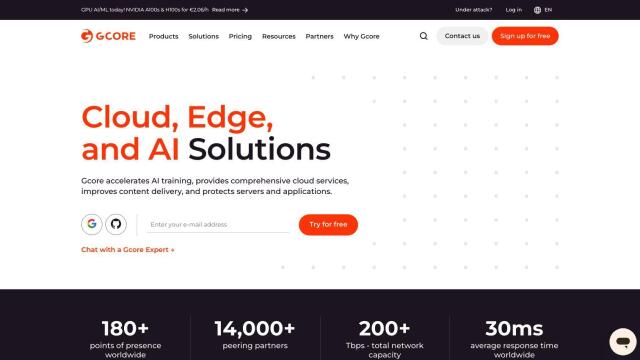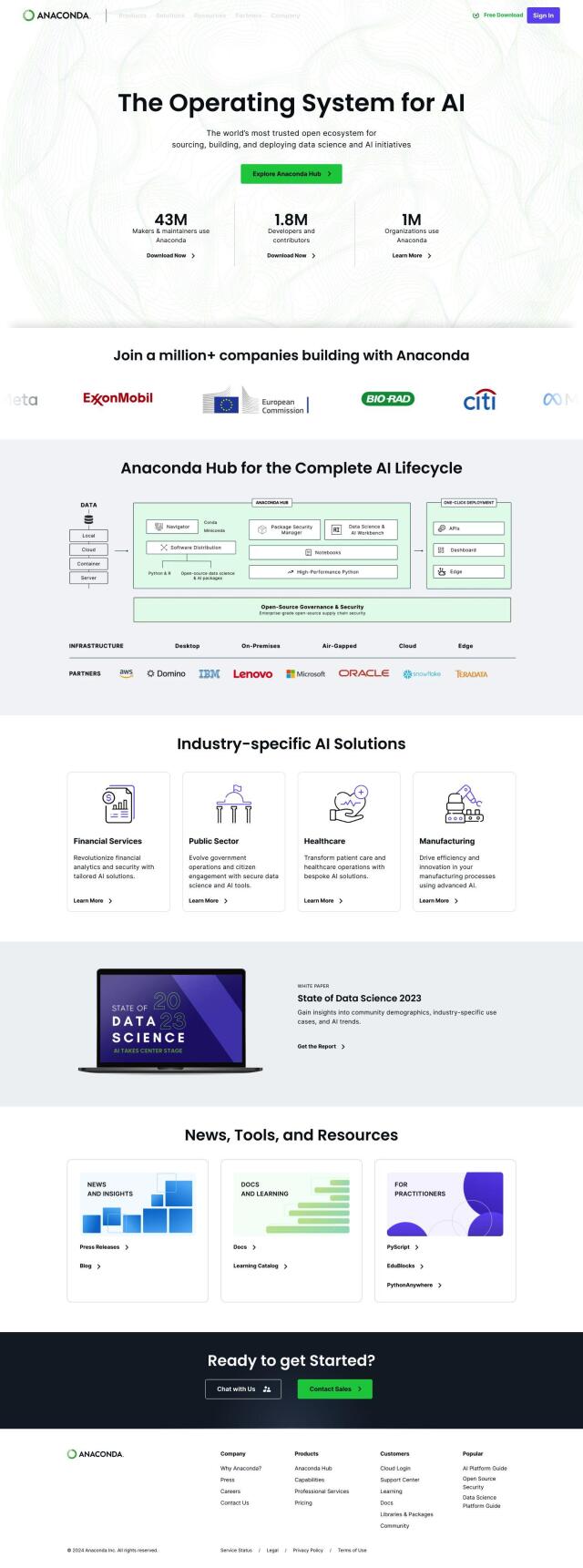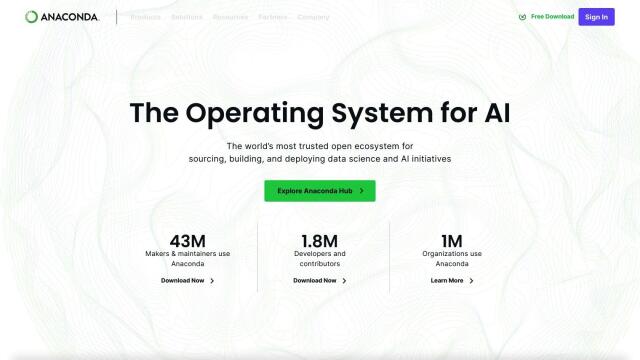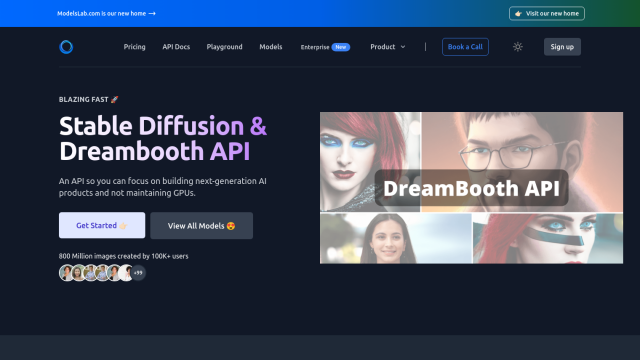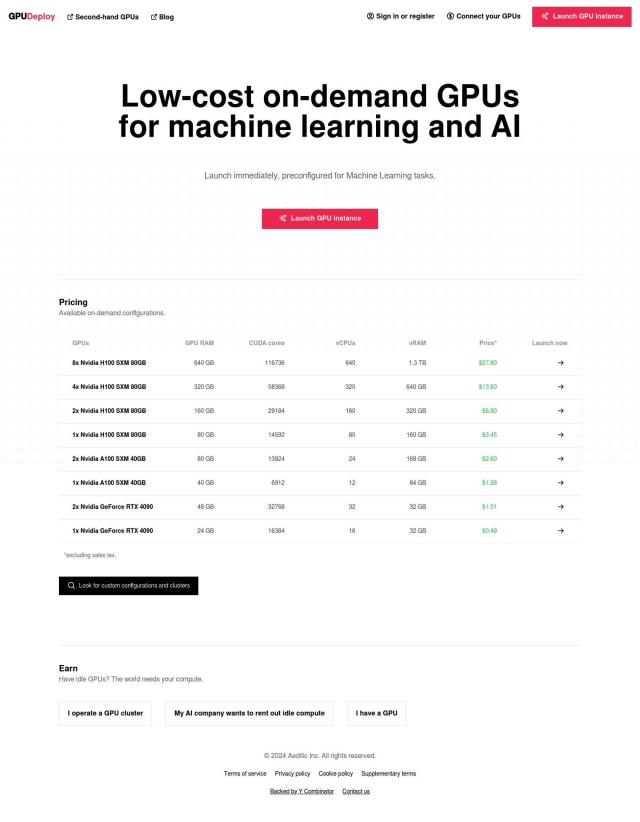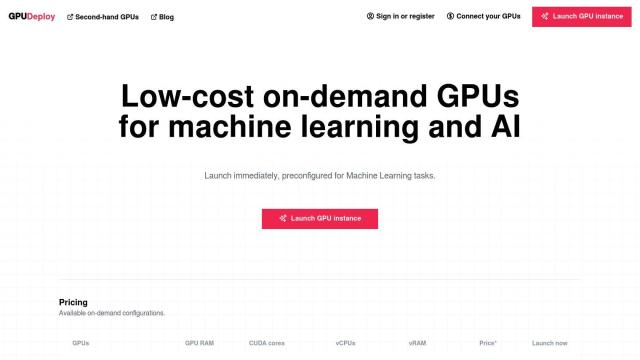

Anyscale
If you're looking for a Salad alternative, Anyscale is a good option. It's a full-fledged platform for building, deploying and scaling AI workloads, with features like workload scheduling, cloud support and heterogeneous node control. Built on the open-source Ray framework, Anyscale supports a variety of AI models and promises cost savings of up to 50% on spot instances. It also comes with native support for popular IDEs and automated workflows for running, debugging and testing code at scale.

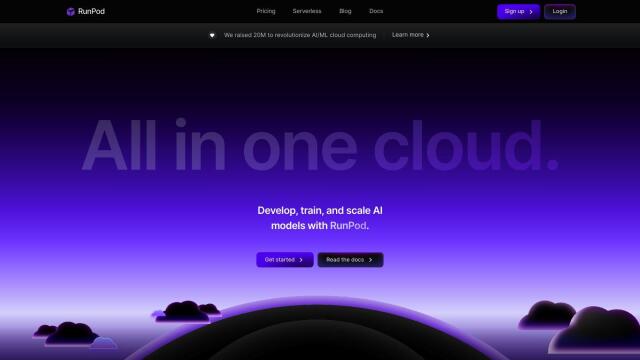
RunPod
Another option is RunPod, a globally distributed GPU cloud that lets you run any GPU workload. It lets you spin up GPU pods immediately, offers a variety of GPUs, and supports serverless ML inference with autoscaling and job queuing. RunPod also supports preconfigured templates for frameworks like PyTorch and Tensorflow, and comes with a CLI tool for easy provisioning and deployment. With prices ranging from $0.39 to $4.89 per hour, it offers flexible pricing that could be a good fit.

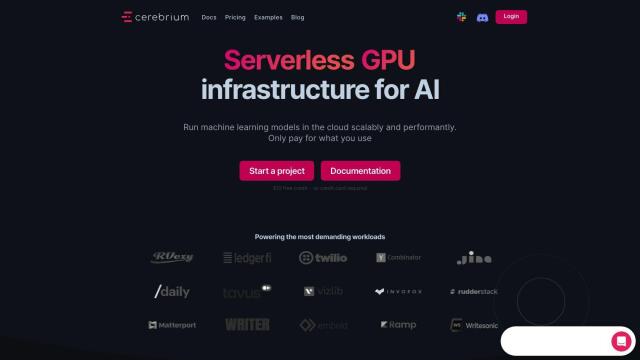
Cerebrium
Cerebrium is another option, particularly if you're looking for a serverless GPU infrastructure for training and deploying machine learning models. It offers features like cold starts, high request volumes, and real-time logging and monitoring. Pricing is based on usage, with tiered plans to match different scale needs. That means it can be a good option for scaling AI models affordably with low latency and high availability.

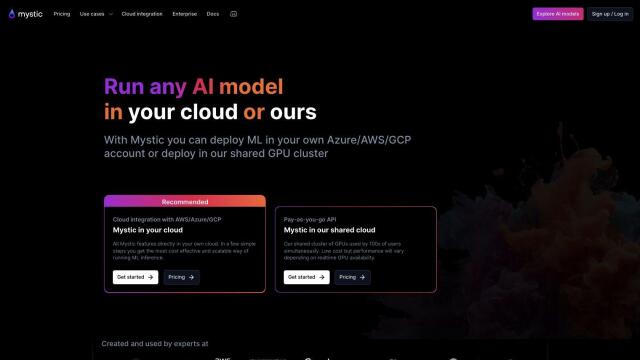
Mystic
If you want something more integrated, Mystic offers serverless GPU inference and a managed Kubernetes environment. It supports multiple inference engines and integrates directly with AWS, Azure and GCP, including spot instances and parallelized GPU usage for cost optimization. Mystic's automated scaling adjusts GPU usage based on API calls, so data scientists can focus on model development instead of infrastructure.

